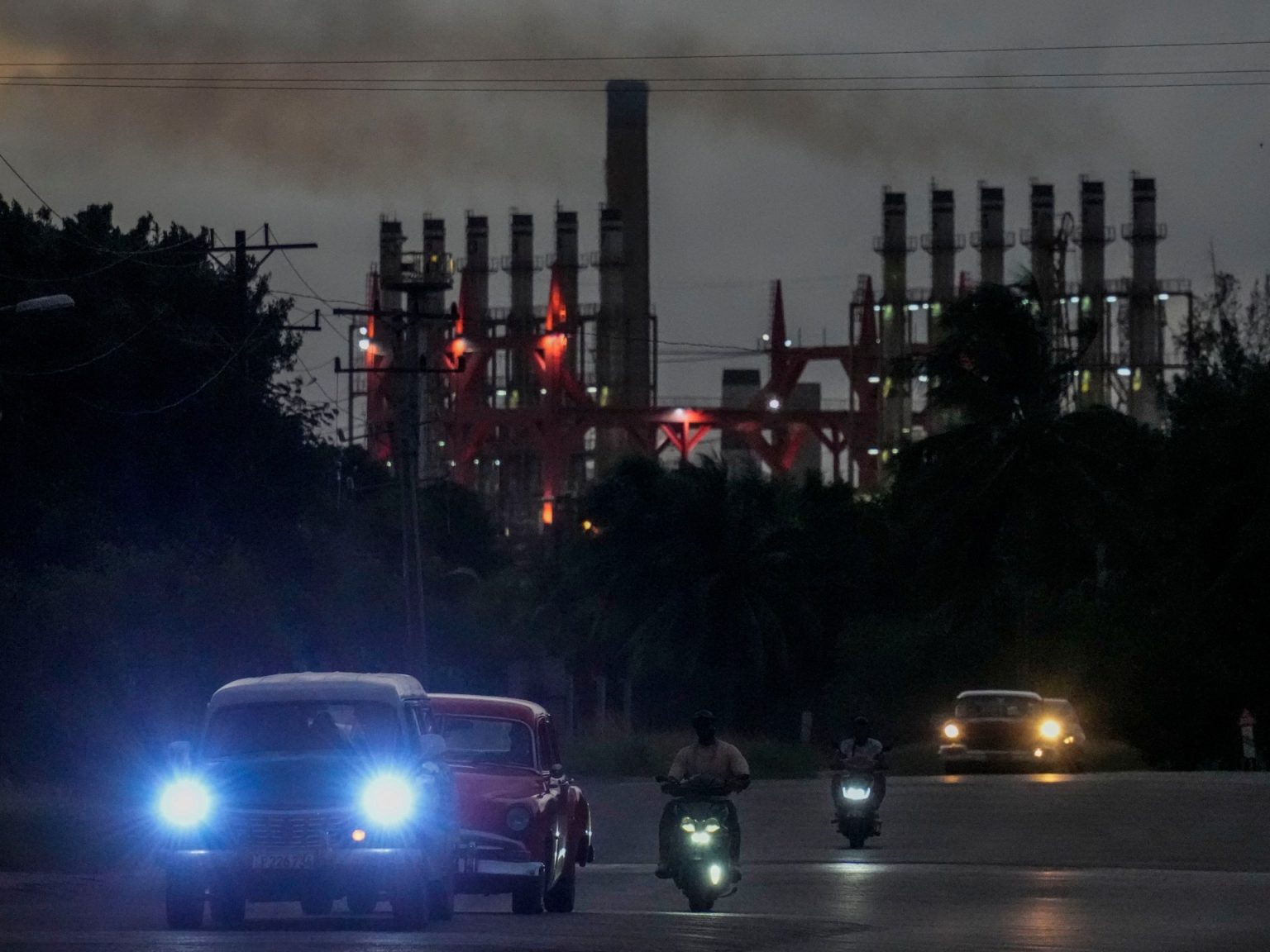The Cuban government announced that all non-essential workplaces and schools would remain closed until Sunday due to an island-wide electricity shortage and recovery efforts from a deadly hurricane. Only vital services such as hospitals would continue to operate during this time. The energy crisis began when Cuba’s largest power plant collapsed, leading to a cascade effect that caused the entire energy grid to fail. This was further exacerbated by the passage of Hurricane Oscar, which caused flooding and destroyed power lines in eastern Cuba, resulting in the deaths of at least seven people, including a child.
Despite initial plans to reopen workplaces and schools on Thursday, the government announced that only 70 percent of the country had power restored by Tuesday. Many areas outside of the capital, Havana, were still experiencing blackouts. The state electric company, Union Electrica (UNE), reported a 30-percent energy deficit during evening peak hours. President Miguel Diaz-Canel visited the hard-hit town of San Antonio del Sur, assuring residents that they were not alone in their struggles.
Cuba generates its electricity primarily from ageing oil-fired thermoelectric plants that are in need of maintenance and repair. The country also relies on floating plants leased from Turkish companies that have faced fuel shortages, as well as diesel-powered generators. Energy expert Jorge Pinon noted that the thermoelectric plants were built in the 1970s and are well past their intended lifespan. The energy crisis is symptomatic of Cuba’s dire economic situation, characterized by high inflation, shortages of essential goods, and now, a severe energy deficit.
The Cuban government is concerned about potential social unrest and has warned against attempts to disturb public order. In July 2021, blackouts led to widespread public anger, with protestors chanting slogans demanding freedom and expressing hunger. Some residents resorted to banging pots and pans and shouting for the lights to be turned back on. The government attributes its economic and energy problems to the long-standing US trade embargo on Cuba, as well as the sanctioning of oil tankers that deliver fuel from Venezuela.
The White House press secretary acknowledged that while the US embargo has contributed to the hardships faced by the Cuban people, the Cuban government’s mismanagement of economic policies and resources has also exacerbated the situation. The energy crisis is just one aspect of a broader economic crisis that has gripped the island nation. The government’s efforts to restore power and address the energy deficit are crucial in mitigating the impacts on the population and preventing further unrest.


